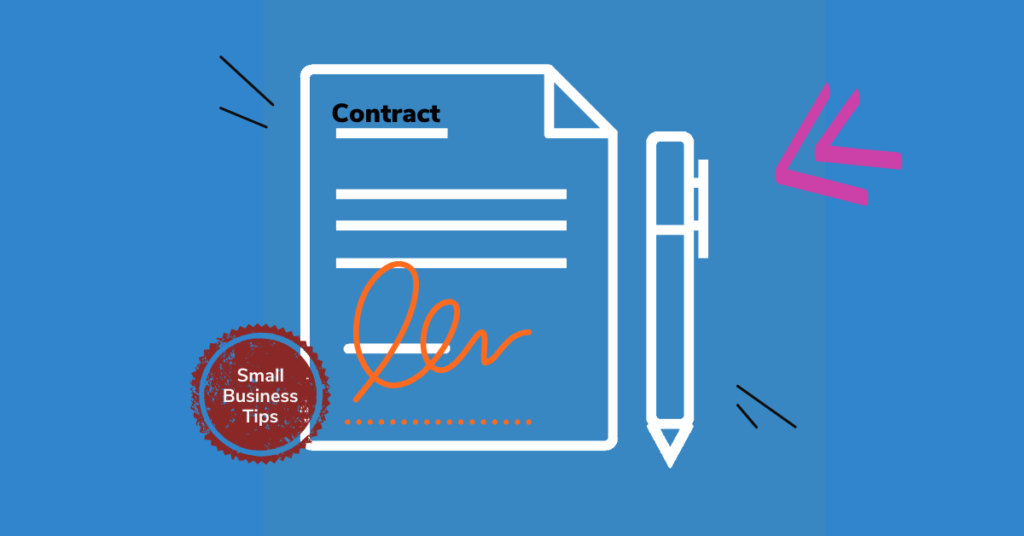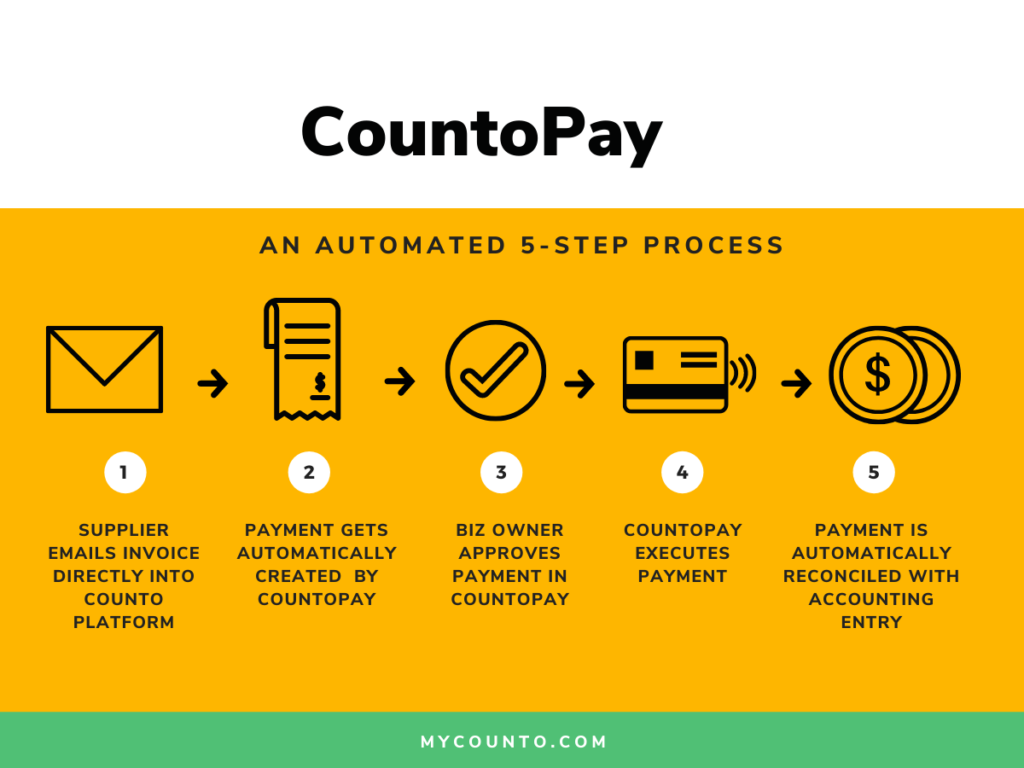What is ECI?
Estimated Chargeable Income (ECI) is a mandatory piece of data that a firm submits to the Inland Revenue Authority of Singapore (IRAS). Inside which contains detailed estimates of a firm’s taxable income for a particular year of assessment (YA), after the deduction of tax allowable expenses.
ECI facilitates the assessment of industrial performance, enabling governmental bodies to efficiently track and monitor the economy’s financial performance from a macro standpoint.
Typically your accountant will file on your behalf. But if you are looking to do on your own, this guide will help.
Who needs to do file ECI?
All firms are required to submit an ECI to IRAS within three months from the end of their financial year. If your company has no profits or making losses, you will still need to file a “NIL” ECI.
Consequences of non-compliance
Firms who fail to file on time will receive a Notice of Assessment(NOA) from IRAS. This issuance will be based on estimations of the firm’s particular income in the last financial term, and will be used as a final assessment pertaining to one’s taxable income.
Once greeted with a NOA, firms must pay their taxes within ONE month from its issuance date.
Advantages of filing ECI?
There are two notable advantages of filing an ECI that every firm should know.
The most prominent one pertains to the timely submission of the ECI. Simply put- the earlier the filing, the greater the benefits.
If submitted within the stipulated deadline of 3 months after one’s financial year, one will be able to enjoy more flexible payment options.
This means having a choice to pay your corporate taxes across more instalment options. The number of instalment payments one may receive are as follows:
ECI filing:
Within ONE month- 10 instalment payments
Within TWO months- 8 instalment payments
Within THREE months- 6 instalment payments
Beyond THREE months- No instalment payments
This is especially important as it may help free up and channel more cash-flow into other relevant areas of need.
*Note that only firms on GIRO can qualify
Another benefit relates to the government’s e-filing initiative of one’s ECI.
Yes, you may have guessed it already. The act of e-filing speeds up the processing time significantly. This may possibly be the deciding factor in receiving the type of instalment payment benefits on offer!
How do you submit ECI?
More often than not, the filing of an ECI is done with the help of your accountant. If you’re doing this on your own however, here is how you can do it.
In adherence with the corporate statutory requirements (AY 2018), it is compulsory by law to submit an electronic filing (e-filing) of the ECI at mytax.iras.gov.sg. Make sure you have the following three information before proceeding:
- Firm’s CorporatePass credentials (ID and password)
- Firm’s Taxation reference number
- Authorisation and endorsement to be your firm’s approving representative to handle taxation in the CorporatePass website
Counto’s accounting plans include preparing and filing all your corporate taxes. Plus, you get accurate financials with unlimited transactions at a fixed price. Talk to us today.







